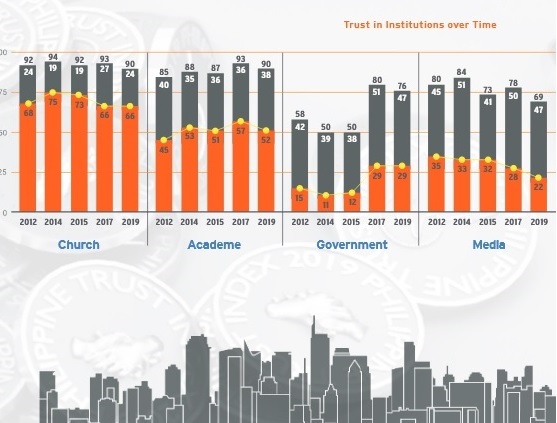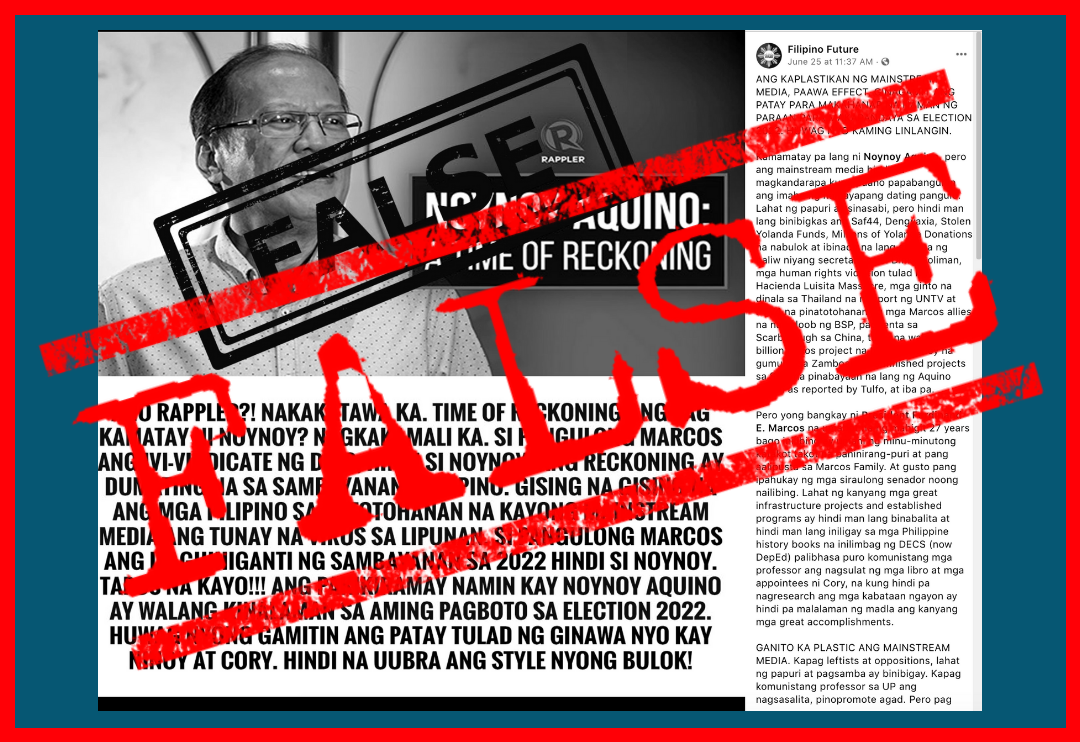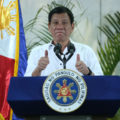At least 128 attacks and threats have been committed against journalists and members of the media since President Rodrigo Duterte rose to power, a coalition of media groups reported May 3 during the commemoration of World Press Freedom Day.
Sixty or almost half of these incidents were allegedly perpetrated by state-sponsored agents, including local government officials, members of the armed forces and police officers, according to Freedom for Media, Freedom for All. The group, composed of the Center for Media Freedom and Responsibility (CMFR), National Union of Journalists of the Philippines (NUJP), Philippine Press Institute (PPI), MindaNews, and Philippine Center for Investigative Journalism (PCIJ) shared the results of their tally from June 30, 2016 to April 30, 2019.
Eighty-nine threats and attacks were committed in Luzon, 26 in Mindanao and 13 in Visayas. These incidents include 12 journalist killings, 18 cases of online harassment, 16 cases of intimidation, 12 libel cases and eight coverage bans, with online, radio and print journalists the most often attacked.
“The conventional answer is that governments fear a free press because of its power to report official wrongdoing,” said CMFR deputy director Luis Teodoro.
The NUJP, a member of the coalition, has itself experienced increased incidents of red-tagging, as well as Distributed Denial of Service (DDos) attacks on their website, according to NUJP Chair Nonoy Espina. Espina said a forensic investigation showed the cyber attacks were made by telecommunication companies based in China and the Philippines.
Alternative media outlets, such as Bulatlat, Pinoy Weekly, Kodao and Altermidya have also been also subjected to DDoS attacks, Espina said.
Following attacks and threats from what she calls the weaponization of social media and the law, Rappler Chief Executive Officer Maria Ressa urged the public to defend their rights, warning they could be taken away gradually.
Teodoro urged media groups to come together.
“The press should come together and unite in this impending catastrophe,” Teodoro said. “The crackdown is ongoing and it’s worsening.”
On May 2, the National Press Club (NPC) released a statement calling media organizations that receive foreign funding “corrupt.” They identified the media entities featured in the fabricated “oust-Duterte matrix” published by The Manila Times on April 22.
“Philippine media is now in deep crisis because, some in our midst—unfortunately those who styled themselves as God’s gift to our profession—have wittingly and knowingly committed the worst form of corruption when they started accepting what amounts to as bribe money from foreign interests,” the NPC said.
Ressa, PCIJ executive director Malou Mangahas, freelance journalist Inday Espina-Varona and VERA Files President Ellen Tordesillas in a separate discussion belied claims that the U.S. Central Intelligence Agency funds media organizations in the Philippines.
“They are demonizing foreign funding. They should study what foreign funding is. Because there’s nothing wrong [with] accepting assistance from foreign organizations,” Tordesillas said.
Meanwhile, Mangahas pointed out that their funding have helped PCIJ conduct trainings requested by government agencies such as the Office of the Ombudsman and the Department of Interior and Local Government (DILG).
“Lahat po iyan humingi ng training sa PCIJ kung paano gumawa ng data work, mag-investigate, mag-connect ng data, mag-excel. Lahat po iyan ay tinulungan namin (Everyone of them asked for training from the PCIJ on how to conduct data work, investigate, connect data and use MS Excel. We helped every one of them).” Mangahas said.



